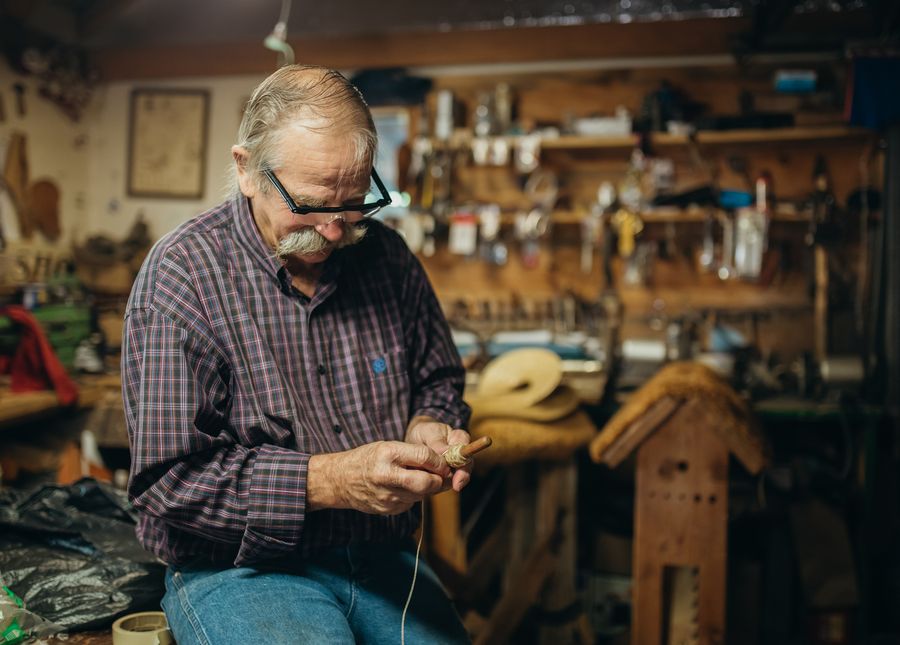This checklist provides information on dementia, how to get help, and things to consider when checking out dementia care options.
STEP 1: Understanding the signs
Dementia isn’t one thing, it’s made up of a range of health conditions that are brought on by disorders affecting the brain. Symptoms to look out for include:
▢ frequent confusion and disorientation
▢ progressive loss of memory
▢ noticeable changes in personality
▢ heightened aggression or apathy that is out of the norm
▢ loss of appetite and dramatic weight-loss
▢ accidents that come from disorientation
▢ social isolation and withdrawal
▢ the inability to perform everyday tasks.
STEP 2: Get help
▢ Consult a doctor. Remember, dementia can only be diagnosed by a medical professional and the earlier it is diagnosed the sooner your loved one can receive care.
STEP 3: Consult with family
If your loved one has been diagnosed with dementia, talk to your family about:
▢ the level of care needed
▢ what are the care options?
▢ will family members be providing care?
▢ have finances been figured out?
▢ who will manage the process?
STEP 4: Decide your care options
As you discuss care options, you will need to determine what level of care they require. Is it:
▢ home and community care to help with low level of high-level home tasks
▢ respite care in a facility or nursing home so you or a carer can take a break
▢ nursing home and assisted living care for higher-level or acute care
STEP 5: Create a care summary and find a care option
▢ create a care summary on the DailyCare website
▢ tell us what you’re looking for so that we can really understand the level of care you need
▢ be matched with a list of options, both public and private
▢ get assessed for government-subsidised options
STEP 6: Get assessed
To receive government-funded dementia care services, you will need to:
▢ Start by contacting My Aged Care (Federal Government) to discuss your situation and find out if you will need to contact an Assessment Team.
▢ book a visit from an aged care assessment team if required
▢ discuss your needs with the assessment team
▢ Review your care summary to make sure it includes dementia care options along with any other care needs recommended by the aged care assessment team
ADDITIONAL STEPS
STEP 7: For home carers
If you or a loved one have decided to become a full-time carer, first determine:
▢ are you physically up for the job, can you handle the manual tasks?
▢ do you have the time and finances to look properly after your loved one?
▢ are you emotionally equipped to deal with the symptoms of dementia?
▢ have you prepared your family for this change in routine?
▢ can you provide the best and highest level of care that your loved one needs?
If you have answered ‘yes’ to all of these then:
▢ check out our section on home & community care and respite care
▢ consult with Centrelink on carer payment options that may also be available.
STEP 8: Touring an aged care home
When you visit a care home (previously called a nursing home), things to look out for, include:
▢ do they specialise in dementia care?
▢ is it a nice and friendly environment?
▢ are the staff attentive, proactive and well qualified?
▢ are the rooms clean and comfortable?
▢ will the room suit personal and dementia health needs?
▢ do they have appropriate security set up?
▢ do they actively engaged residents with an interesting social calendar?
▢ do they provide a regular, nutritious and appropriate food menu?
▢ do they provide regular exercise and outdoor activities?
▢ is the home properly fitted out and easy to get around?
▢ what are the out-of-pocket costs?
Helpful dementia resources
Here are some useful resources on dementia, including:




